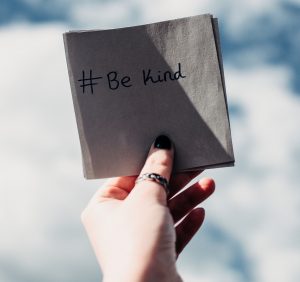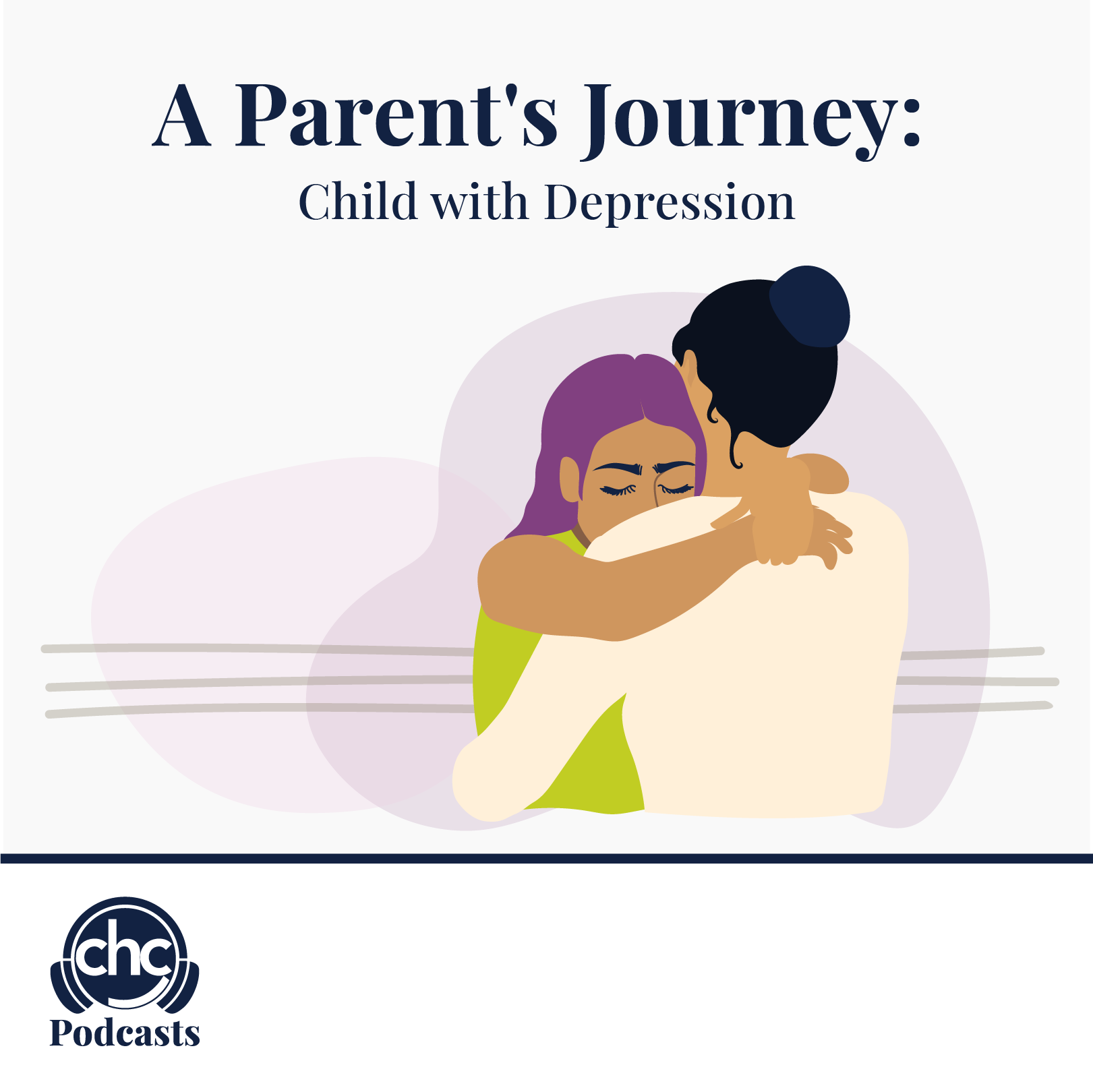How Being Kind to Others Make You Feel Better
 You know that being kind to others is good for the recipient (obviously), but did you know that it’s also good for the giver, too? Yep, that’s right. Being kind to others will improve your mental, emotional and physical well-being.
You know that being kind to others is good for the recipient (obviously), but did you know that it’s also good for the giver, too? Yep, that’s right. Being kind to others will improve your mental, emotional and physical well-being.
Here are six reasons that being kind to others makes you feel better, plus ideas for acts of kindness:
It boosts your positive emotions.
Being kind to others releases feel-good hormones like dopamine. Part of the brain’s reward system, these hormones make us feel happy and satisfied and are associated with pleasurable activities such as sex and eating good food. It also makes you more alert, focused and motivated, so being nice to a coworker could be the boost that you need to make it through a tough day at work.
It lowers your stress levels.
Helping others can create an emotional buffer that protects you from stressful events. One study found that those who reported higher-than-normal helping behaviors showed no dips in positive emotion or mental health, and they had lower increases in negative emotion in response to high daily stress. This is probably tied to the release of dopamine as well as the social connections that being kind creates.
It helps you build relationships.
Humans follow a behavior pattern called the norm of reciprocity, whereby we tend to reciprocate similar actions. If someone is kind to us, we’re inclined to be kind back—but if they’re mean, we’ll act in a similarly snippy way. Of course, no one follows the norm of reciprocity in all interactions, but being kind to others does increase the chances that they’ll be kind to you in return. Since it’s pretty hard to build a relationship on trading insults, this helps you shore up your friendships and acquaintances.
It reduces anxiety and depression.
Both the release of dopamine and building social connections have been shown to reduce or prevent signs of mental illness like depression and anxiety. Stress can be another trigger for these conditions, especially anxiety, so being kind helps to address them from another angle, too. While being kind to others is no substitute for going to therapy or taking necessary medications, it can be another tool in your toolbox to manage depression and anxiety.
It can improve your physical health.
Being kind isn’t just good for you physically and mentally. It’s also good for your body. In one study, writing small notes of affection to loved ones was found to lower levels of “bad” cholesterol in college students. Other research has indicated that people who devote more time to meaningfully helping others have less inflammation. Not only that, their immune system is also better able to fight off infections. Who knows? Maybe being kind to your coworkers will help you ward off that office cold!
It creates a positive feedback loop.
Being kind to others doesn’t just make both them and you feel good. Thanks to the norm of reciprocity, it also makes them more likely to be kind to you back, which makes you more likely to be kind to them again–and on and on in a cycle of positivity. Your act of kindness may have positive ripple effects that you can’t even conceive of.
Excerpted from “How Being Kind to Others Make You Feel Better.” Read the full article in Social Work Helper for suggestions on how to integrate more kindness into your life. Helping others will make you and others feel better–a win-win situation.
Social Work Helper | How Being Kind to Others Make You Feel Better, https://socialworkhelper.com/2020/04/06/how-being-kind-to-others-makes-you-feel-better | Copyright © 2012 – 2020 Social Work Helper, PBC
Do you need someone to talk to? CHC can help. We invite you to call or email our Care Managers at 650.688.3625 or careteam@chconline.org to set up a free 30-minute consultation. CHC teletherapy services are available now.





